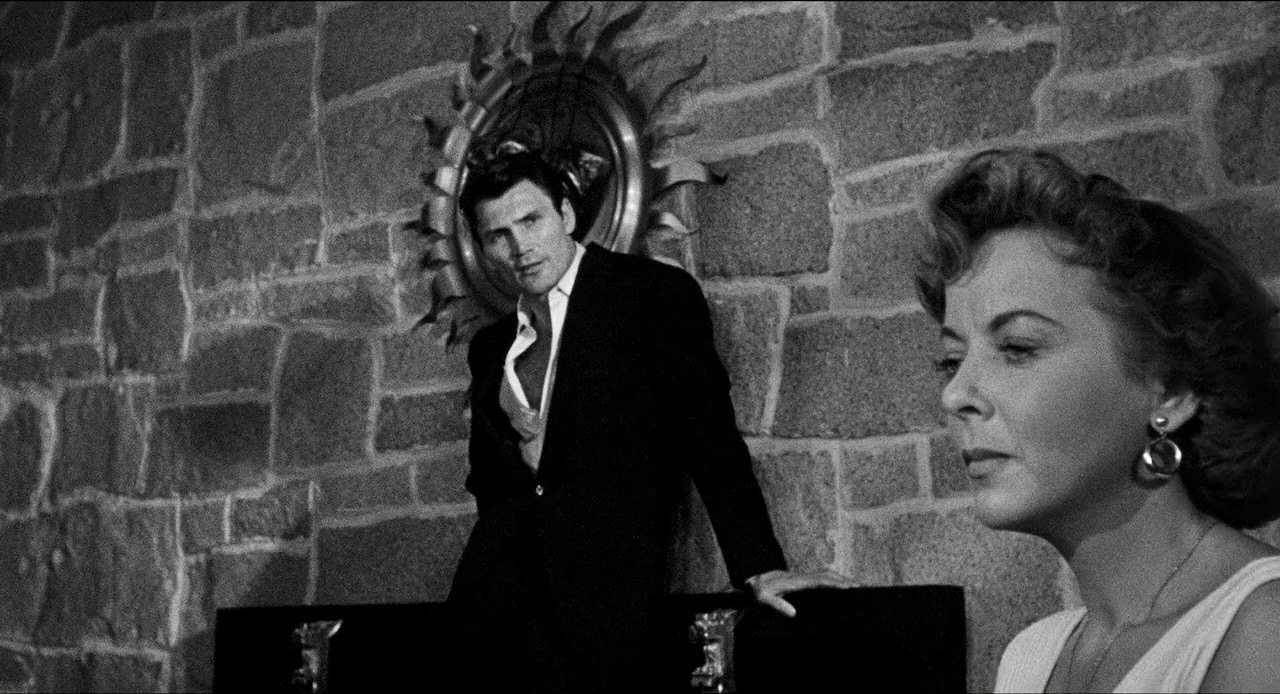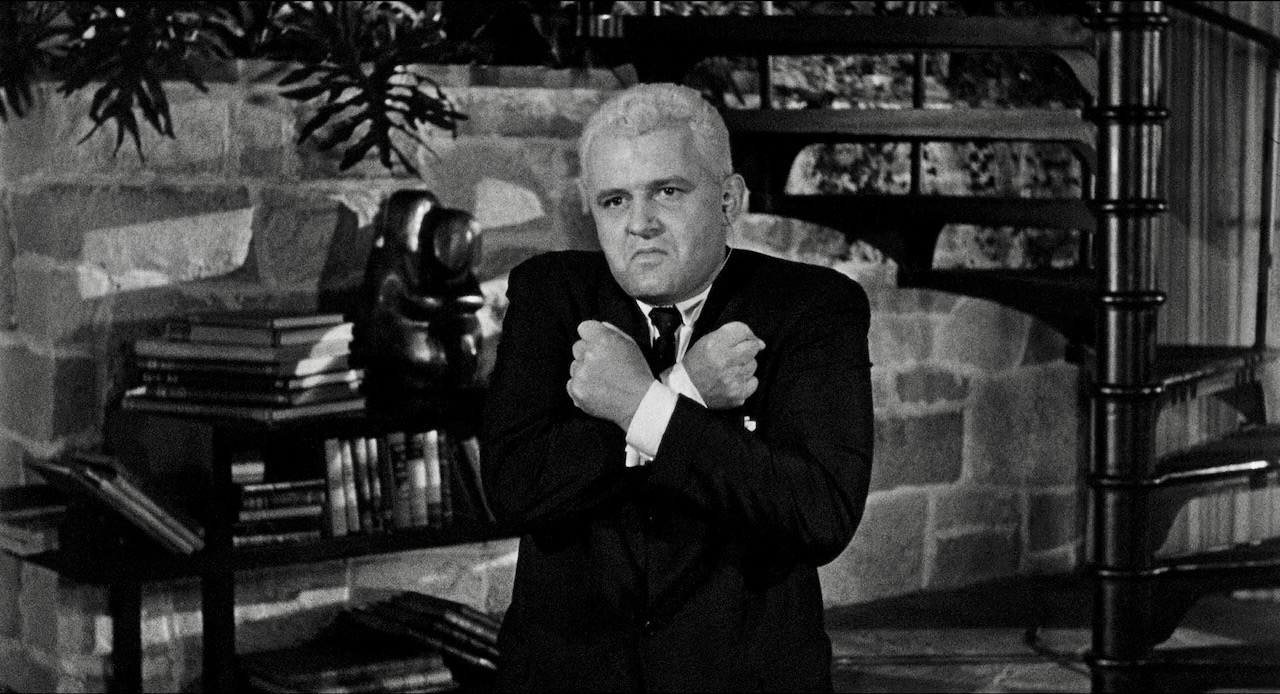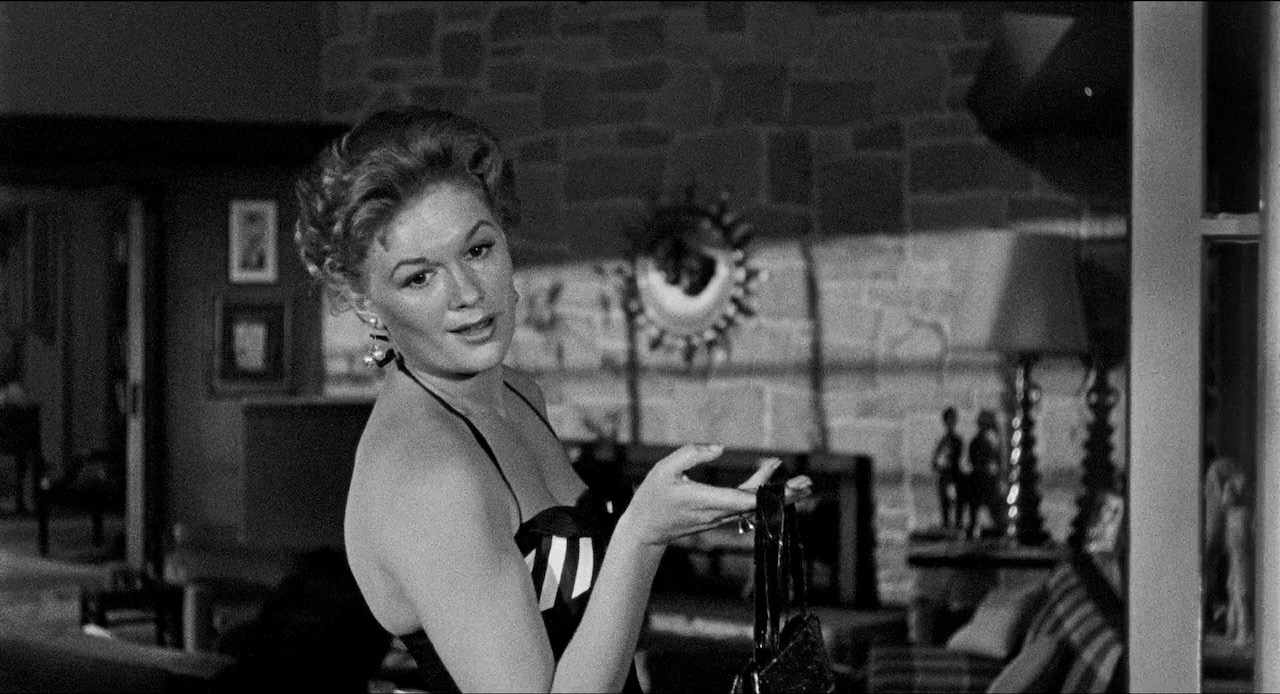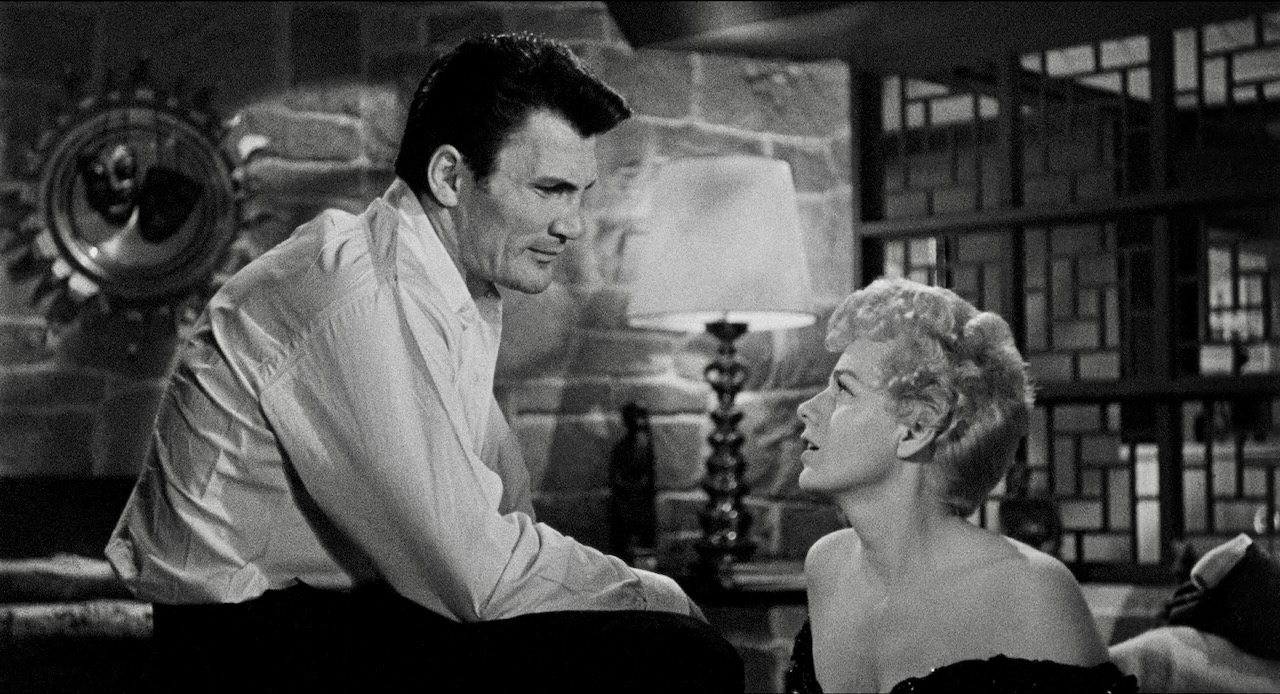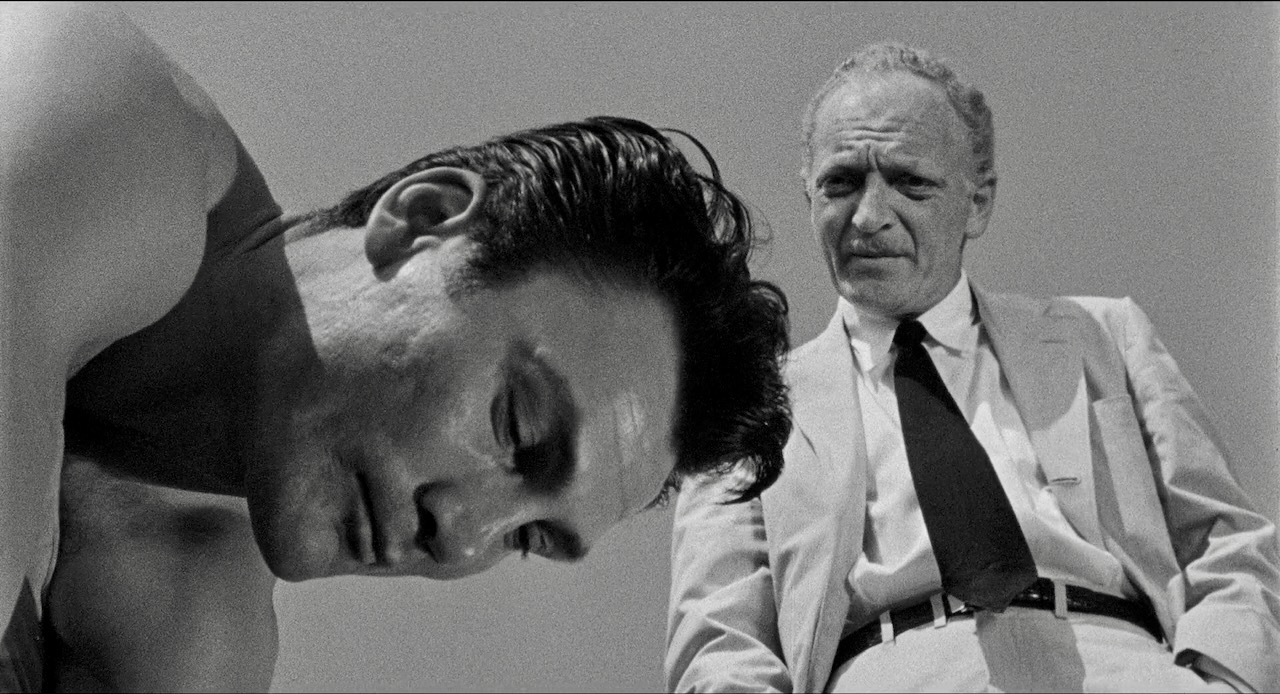Six more Charlie Brooker-written dystopian fictions, now streaming in our dystopian reality.
–
Nosedive
Not the best opening to the new series, too blunt and screamy for my tastes. A yelp/ebay/etc star-rating system gone out of control, with everyone rating everyone else over every interaction, and all social status and even home loans depending on personal ratings. Lacie (Bryce Howard of Lady in the Water) gets increasingly desperate as her plan to increase her ratings for a society wedding backfire, and she spirals down until she can’t even get picked up hitchhiking due to her short-term social media reputation. Trucker Cherry Jones gives her an inspirational speech about living outside society, then Lacie crashes the wedding. Directed by Joe Wright (Atonement), cowritten by Parks & Rec‘s Michael Schur and Rashida Jones, and featuring the best Black Mirror music ever, courtesy Max Richter, who incorporates the downvote sound effect into the music during Lacie’s death spiral.
–
Playtest
Cooper (Wyatt Russell, the guy who pretends to still be in college in Everybody Wants Some!!), kind of a likeable idiot, gets stranded while traveling the world, signs up to earn some quick cash playtesting a VR game. I’m a sucker for movies with dream/game layers where you can’t tell what’s real, and this was a good one. The idea behind the game is a haunted-house horror experience that uses your mind’s own fears against you, and Coop’s biggest fear is losing his mind like his Alzheimer’s-afflicted father did, which is what happens when his attempts at trade-secret espionage interfere with the equipment and it fries his brain. Director Dan Trachtenberg made 10 Cloverfield Lane.
Coop playing an early, harmless demo:

–
Shut Up and Dance
I don’t think this one is based on any technology that doesn’t already exist. After trying to have affairs or look at child porn or other blackmailable offenses, strangers with prankster-infected laptops get dragged around the city making deliveries and being asked to do increasingly terrible things, including bank robbery (“I saw it in a documentary. It looked easy”) and fistfighting to the death. Then their secrets get leaked to friends and family anyway, a grinning trollface sent to each of the victims. Director James Watkins made The Woman in Black and Eden Lake, lead Alex Lawther played young Turing in The Imitation Game, and his older partner in crime was Jerome Flynn of Ripper Street, not Michael Smiley like I first hoped.
–
San Junipero
Just what I needed after the nihilism of the previous episode, a lovely story with complicated ideas about (virtual) life and (actual) death. Opens with a Lost Boys poster and Belinda Carlisle song on the radio and Max Headroom on TVs, pushing its 1987 setting hard, but then “one week later” we’re in 1980, and “one week later” it’s 1996. Shy Yorkie (Mackenzie Davis of Always Shine) met exhuberant Kelly (Gugu Mbatha-Raw) one night in a time-hopping Matrix fantasy world but didn’t have the nerve to follow through on their relationship, and now searches for her every week during their time-limited trials, as their actual, aged bodies live in separate nursing homes. The most human-feeling Black Mirror, and also the one that ends in the most inhuman manner, a robot arm attending to its databank of disembodied consciousnesses. The director did last season’s Be Right Back, also about personal/virtual relationships.
–
Men Against Fire
Not my favorite episode, by director Jakob Verbruggen (Whishaw/Broadbent miniseries London Spy) who makes a hash of the action scenes, but it’s one of my favorite evil technologies – military implants that help soldiers kill the enemy without hesitation by making the enemy “roaches” look and sound inhuman. Lead soldier Stripe, whose equipment glitches so he can see the truth, is Malachi Kirby of the new Roots remake. He’s briefly allied with Ariane Labed (Alps, The Lobster) before his partner catches up with him, kills Ariane and his equipment is recalibrated to brainwash him back into blissful ignorance and conformity.
–
Hated in the Nation
A combination of previous ideas – rogue hacker messes with people over social media leading to their deaths, and intrusive government technology leads to dystopian horror. In this case the gov-tech is bee-drones which replace the country’s dying honeybees and happen to double as ubiquitous surveillance devices. After our hacker uses a sort of twitter poll to let the people decide whose brains the bees will burrow into through their ears, cop Kelly Macdonald (voice star of Brave) tries to protect future victims. She finally gets lead beemaker Benedict Wong (Prometheus and The Martian) to try deactivating all bugs, but instead they go after everyone who participated in the online death polls, killing hundreds of thousands. A nicely apocalyptic way to leave off. Director James Hawes made a TV remake of The 39 Steps a few years back.
